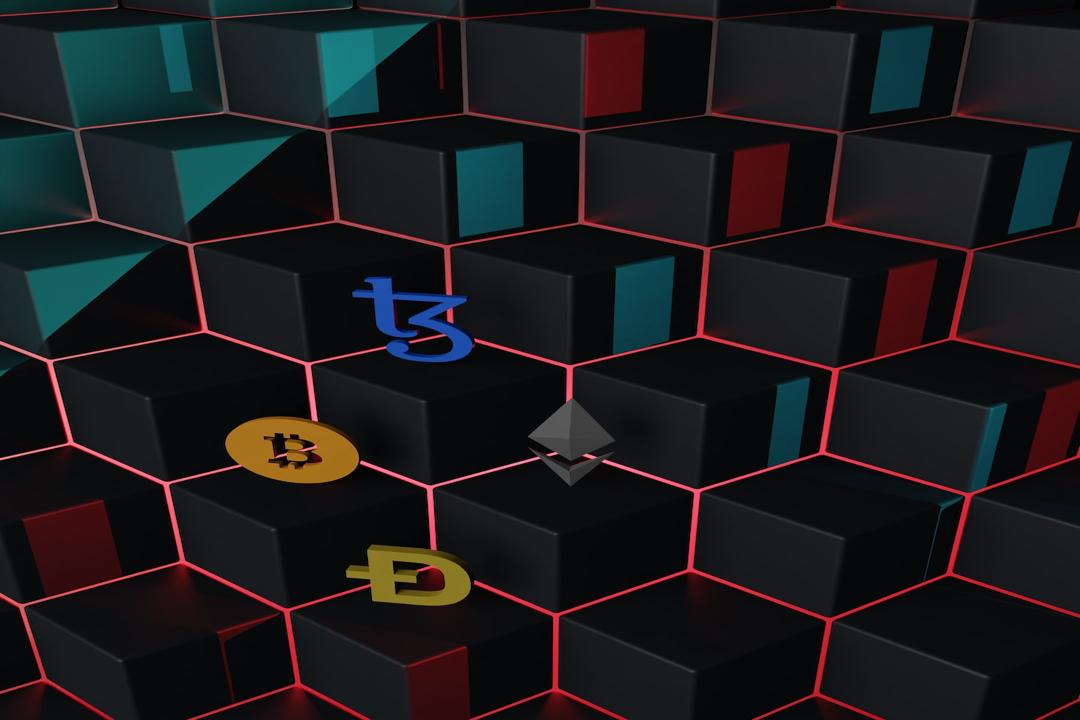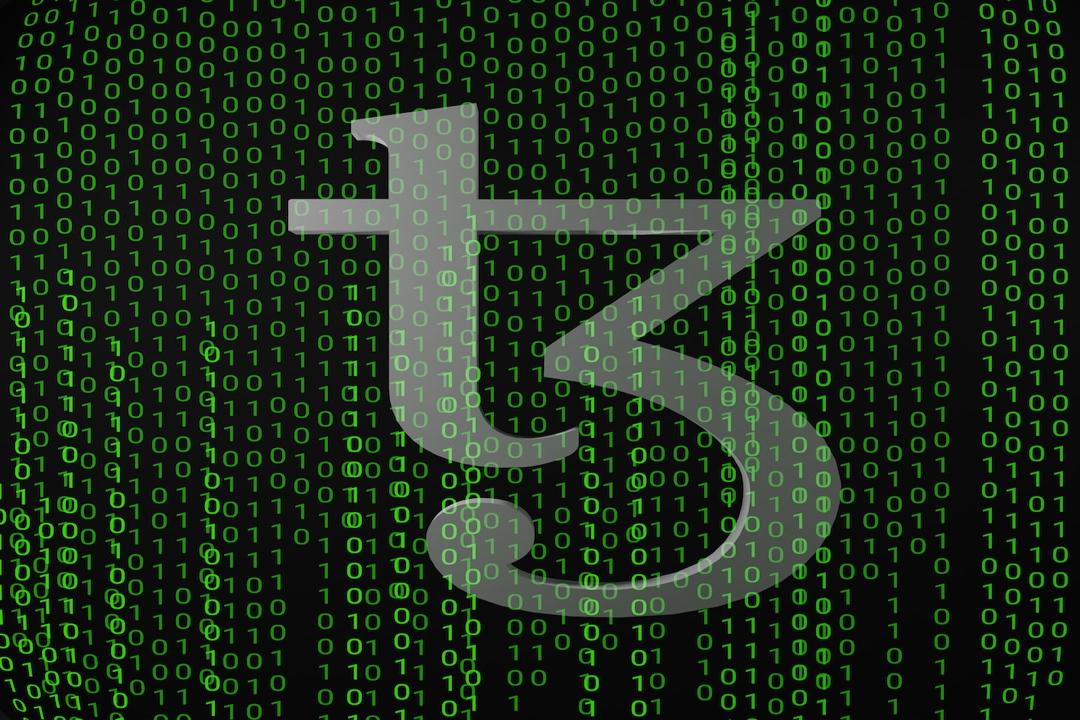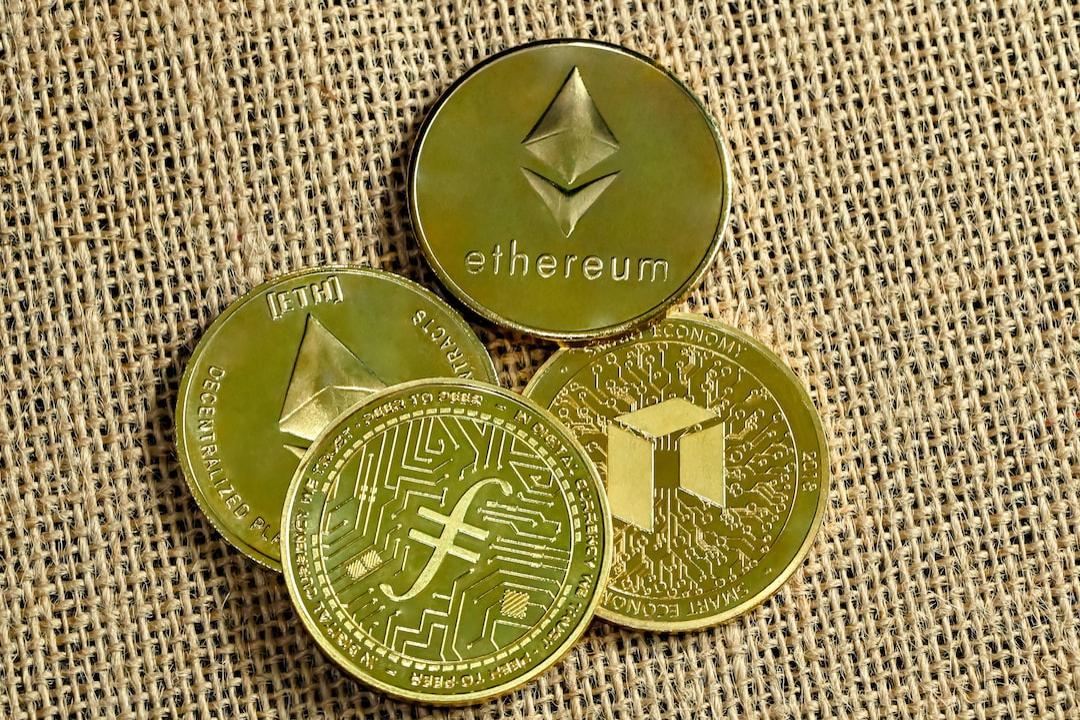Over half of Mt. Gox creditors have been compensated, and the handling of this “unexpected fortune” has become a topic of concern.
“After more than ten years, I wasn’t sure if this would really happen, but we finally did it! It’s been a long journey, and I’m glad to see that we’re finally close to our goal, just a little bit more to go…” Former CEO of Mt. Gox, Mark Karpelès, wrote in a post earlier this month.
In July, Mt. Gox started reimbursing creditors in the form of BTC and BCH. However, according to the custodian’s documents, the payment times vary for different cryptocurrency exchanges. For example, Kraken’s payment may take up to 90 days, Bitstamp may take 60 days, BitGo will show payments within 20 days, and SBI VC Trade and Bitbank will complete payments within 14 days. Therefore, Mt. Gox creditors may have to wait up to three months to receive their BTC or BCH.
According to a poll on Reddit, among these custodian exchanges, Kraken is the main choice of creditors, receiving 64.7% of the participants’ votes.
Currently, some custodians have received compensation funds from creditors. For example, the Japanese cryptocurrency exchange, Bitbank, received the Bitcoin compensation and transferred it to the creditors within a few hours, without waiting for 14 days. Kraken also recently announced that they have successfully received funds (BTC and BCH) from Mt. Gox custodians for creditors.
Although Kraken will distribute these funds as soon as possible, it is expected to take 7-14 days for the funds to be credited to the creditors’ accounts. The amount received by the creditors will be determined by the custodians, and Kraken will distribute it according to their instructions.
According to a recent notice from Mt. Gox trustee Nobuaki Kobayashi, as of July 16th, the trustee has compensated over 13,000 creditors with BTC and BCH, which is more than half of the approximately 24,000 creditors previously disclosed. Analyst Maartunn from CryptoQuant also revealed in a recent post that 36% of Mt. Gox Bitcoin has been distributed to creditors. As of July 17th, the trustee still holds 140,000 BTC, which will be distributed gradually in the future.
For other creditors who have not received compensation, Nobuaki Kobayashi recently reminded them that they need to confirm the validity of their accounts, accept the exchange’s agreement, complete discussions with the custodian and the exchange, and ensure the safe execution of the reimbursement.

A creditor on Reddit reflects unauthorized login attempts on their account.
However, many Mt. Gox creditors have reported a large number of unauthorized login attempts on their accounts. They revealed the issues they encountered on the Mt. Gox website in the Mt. Gox creditors’ subreddit “/mtgoxinsolvency” on Reddit. Screenshots showed numerous unauthorized login attempts on their accounts.
Some users are concerned that this may be a “violent” attack on Mt. Gox creditors, while others think it might be a website glitch. After the incident, the Mt. Gox website entered maintenance mode, and an email stated, “Thank you for your patience. Please check again later.”
With the opening of the $9 billion compensation plan by Mt. Gox, the market is also concerned about the influx of a large amount of Bitcoin. However, Ki Young Ju, the founder of CryptoQuant, stated in a post that unlike the forced sale by the German government, Mt. Gox creditors are not forced to sell, so this is not purely seller liquidity.
This distribution will not end the bullish trend, as these Bitcoins are expected to react to the market sentiment just like the existing supply. Judging from the recent rebound trend of Bitcoin, the Mt. Gox compensation event has not had a significant impact on the bullish trend of Bitcoin.
According to a Reddit poll on “Cash or Crypto payment,” 69.3% of participants chose cryptocurrency payment. As the price of Bitcoin has risen significantly since the Mt. Gox bankruptcy, the passive lock-up profit of creditors can be considered substantial. How to handle this compensation is a topic of great concern.
“Will you tell your wife once you receive Bitcoin?” someone jokingly commented on the Reddit forum. From the replies of many creditors, some still firmly hold Bitcoin, while others are worried about tax issues, and some choose to liquidate to improve their lives.
In a poll initiated by a user on “How much Bitcoin do you plan to sell after receiving payment?”, 52.1% of participants chose to sell 0%-10%, 10.8% chose to sell 90%-100%, and the remaining choices ranged from 20% to 90%.

“The Mt. Gox bankruptcy case has given me some valuable experience. One is not to sell Bitcoin easily, and two is to be careful storing cryptocurrency assets on exchanges.”
Some creditors hope for greater returns, and some even explicitly state that Bitcoin is a currency, not an investment. This is also reflected in a poll where over half of the users chose to continue holding Bitcoin.
Of course, many creditors choose to “play it safe” and use the funds to purchase houses and cars. “As the payment gets closer, I’m getting more nervous and hope to buy a house by the beach for vacation as soon as possible.” “I’ve started paying attention to Tesla and the house I’ve been waiting for years…” … Many creditors are also conflicted about the timing of selling. “Trump supports cryptocurrency. Would it be better to sell after he is elected as the US president?”
For creditors who need to sell assets and pay taxes in cryptocurrency, how to pay taxes is a tricky problem and a significant expense. This is also a frequently asked question on Reddit.
For example, “I am a resident of Germany, so I don’t need to pay capital gains tax for holding cryptocurrency for over a year. But I may move to a country where I need to pay taxes. Should I sell my cryptocurrency assets now or continue to hold?” “Can I sell Bitcoin in the EU? It’s been so long that I no longer have evidence of when I received these Bitcoins.”
Furthermore, there have been anxious comments from creditors who have not yet received compensation, asking, “Which exchanges have already received funds, and which ones still have remaining funds? Can a list be disclosed?”
“Will people regret selling too early when the price of Bitcoin reaches $250,000, $500,000, or $1 million?” someone asked, and how many stories of selling at a high price will there be?

